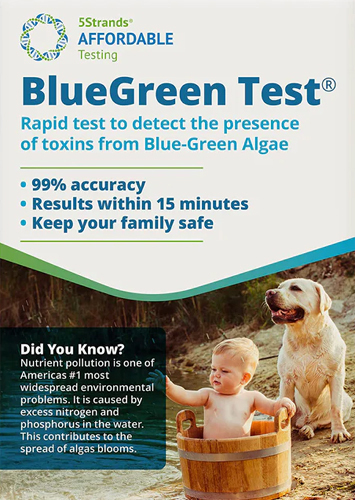|
|
|
 

|
|
All rights reserved 2026 - WTOH - This material may not be reproduced in whole or in part and may not be distributed, publicly performed, proxy cached or otherwise used, except with express permission. |
|
|
|
 

|
|
All rights reserved 2026 - WTOH - This material may not be reproduced in whole or in part and may not be distributed, publicly performed, proxy cached or otherwise used, except with express permission. |